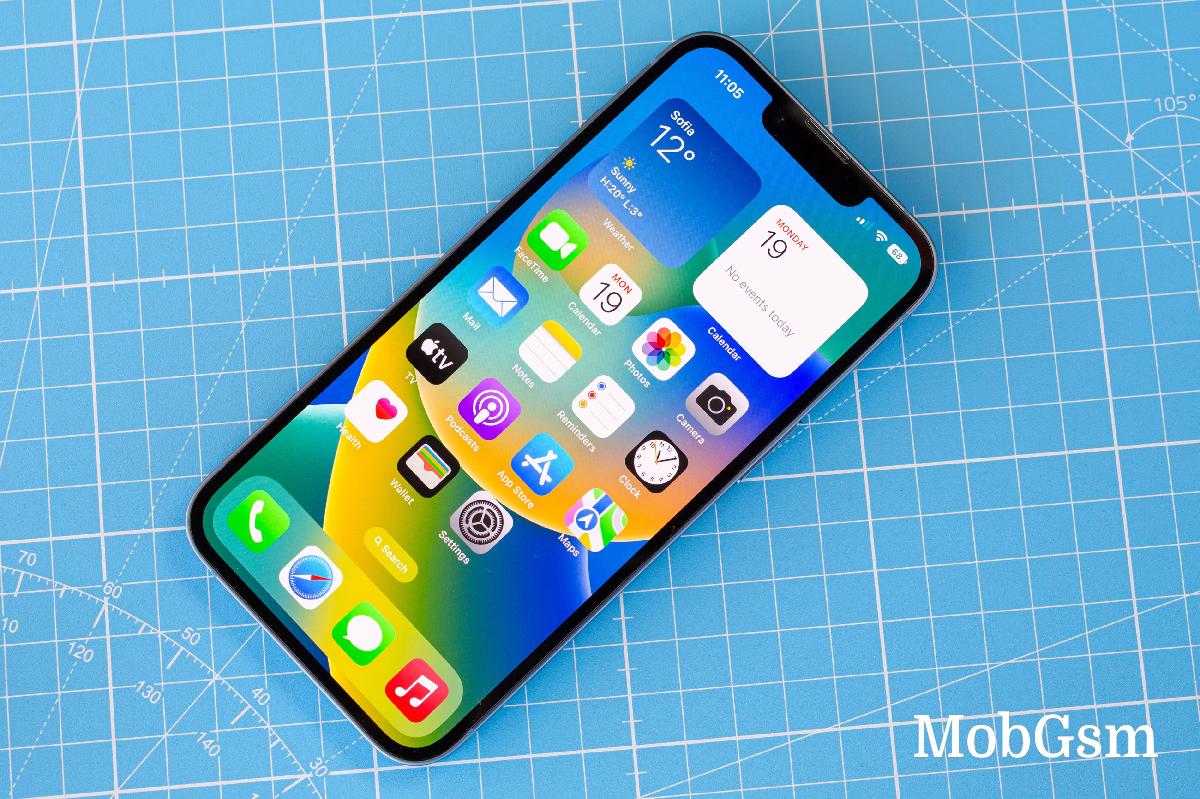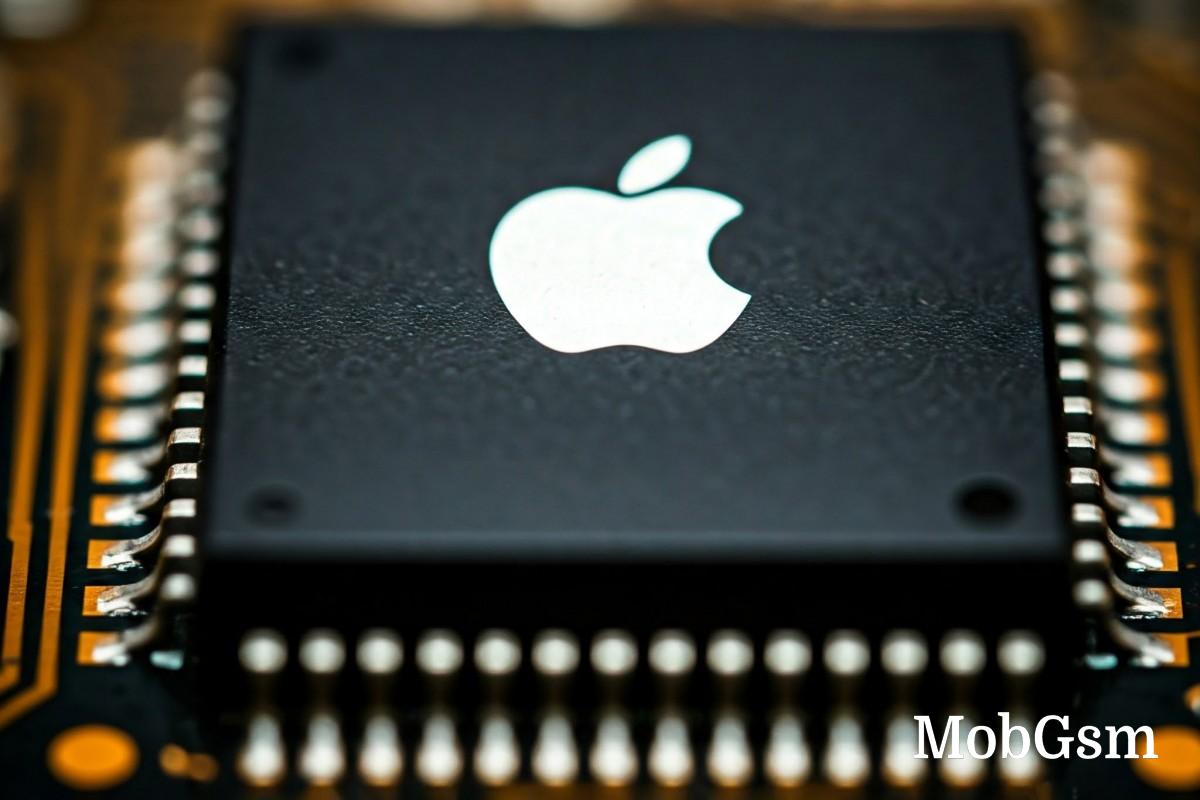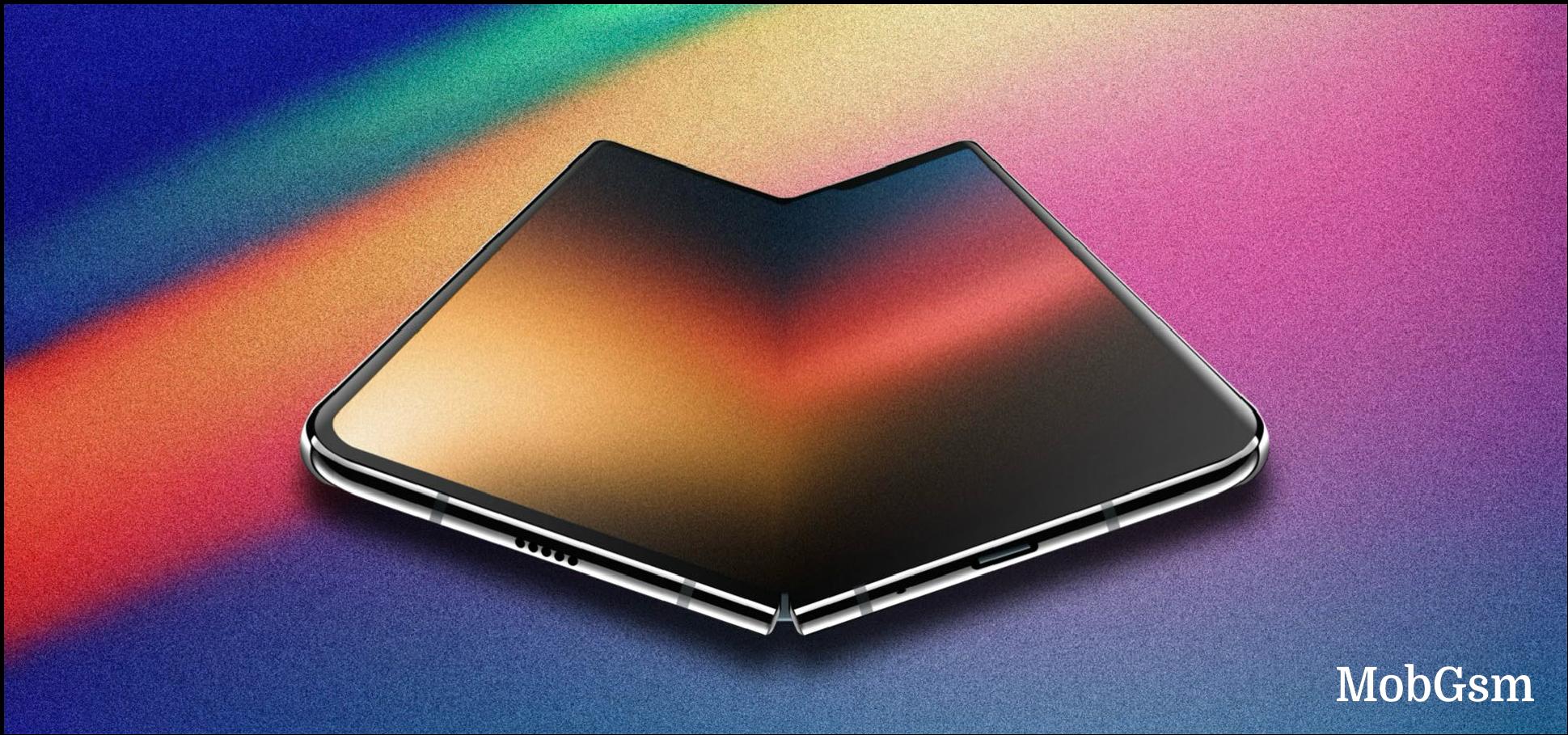iPhone SE 4’s modem lacks mmWave support
Following a lengthy run of leaks, Apple is finally expected to announce its fourth generation iPhone SE later this week. The new baseline iPhone will offer a few firsts for the SE line, like an OLED display and Face ID, but it’s also expected to bring the first generation Apple in-house 5G modem, manufactured by TSMC.

This will be a significant change for future iPhones as Apple has traditionally relied on other chip manufacturers like Intel and most recently Qualcomm for its cellular modem chips. According to a new report out of South Korea, Apple’s first in-house modem will not be up to par with Qualcomm’s flagship Snapdragon X75.
The report specifies that Apple’s modem lacks support for mmWave 5G and could offer fewer carrier aggregation features than Qualcomm’s chip. As a result, the iPhone SE 4 will likely offer slower upload and download speeds compared to the iPhone 16 series, which feature the Snapdragon X75 modem.

This development would not be surprising as Apple will be using its lower-cost iPhone to test out its first-gen self-developed modem. Previous rumors suggest Apple"s first modem will support Dual Sim Dual Standby and deep integration with Apple-designed main processors for improved efficiency.
Source (in Korean)











